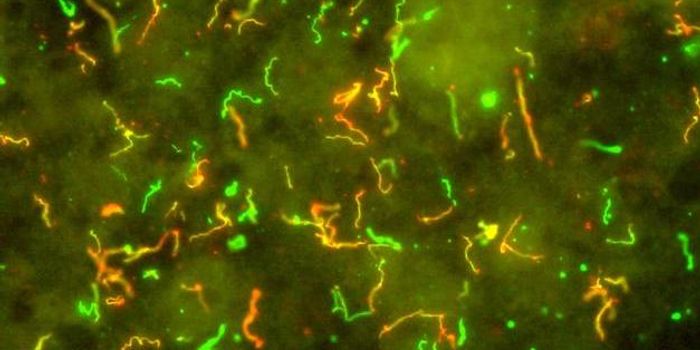
According to studies conducted in the United States, the ninth leading causes of cancer deaths is hepatocellular carcinoma, the primary cancer of the liver. Hepatocellular carcinoma tends to grow and expand at an increasingly fast rate and if not diagnosed early on then affected individuals may not always survive longer than 11 months. Specialists seek to treat their patients by usually prescribing a therapeutic drug known as "sorafenib." However, the drug will typically prolong the survival of individuals by only 3 months, and it can bring numerous negative side-effects.
Watch Alternative Treatment Options:
To seek other options in an effort to improve liver cancer treatment, cancer researchers from multiple international institutions have collaborated together to treat a therapeutic drug that holds high efficacy for the treatment of liver cancer. The compound was developed primarily by researchers from the Cancer Institute of Singapore at the National University of Singapore in Queenstown along with colleagues from other global institutions.
The new experimental drug, which researchers refer to as "FFW", holds the potential to treat liver cancer by improving survival rates and lessening adverse effects additionally it is believed to alter the growth of primary liver cancer and help reduce the unwanted effects of typical therapy. In the journal PNAS, the development of FFW is outlined by the researchers in the most recent publication. "In our latest work, [we have] demonstrated an effective strategy to accurately target oncogenes previously considered undruggable," says study co-author and professor at the National University of Singapore, Daniel Tenen.
-
APR 30, 2024Immuno-Oncology Virtual Event Series 2024
-
MAY 07, 20243rd International Biosecurity Virtual Symposium
-
SEP 03, 2024Microbiology Week Virtual Event Series 2024
- See More

















































